Extended triangle pose yoga is a standing posture that helps practitioners enhance flexibility and balance. It stretches the calves, hips, groin, shoulders, hamstrings, chest, and spine, making lower pain and good for recovery.
Sounds interesting? If you want to learn more about this stance, you are in the right place. Keep reading to know how to do it correctly and essential information.
Extended Triangle Pose And Triangle Pose Yoga
The extended triangle pose, also known as Utthita Trikonasana is a standing yoga position aiming to improve the respiratory system and the flexibility in the motion of your hips and shoulders.
In this pose, straight legs need to be stretched apart and a foot at a 90-degree angle. Then, you bend your body toward the lead foot while an arm touches the ground and the other for the sky.
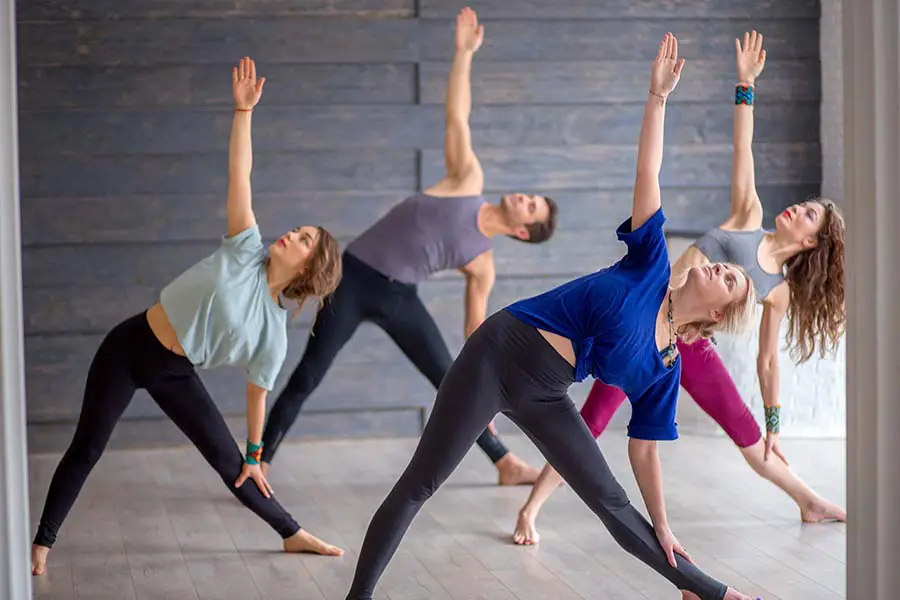
As its name implies, this posture is an advanced version of the triangle pose. Thus, these two require the same steps to setup except the hand position.
With the extended version, you need to keep the bottom hand on the floor or hold your big toe, whereas the yoga triangle position may keep the bottom hand off the ground.
How To Do Extended Triangle Pose
How to do trikonasana? Actually, instructions on how to do triangle pose are the same as the extended version, except for the hand position. So, let’s learn the steps to perform it perfectly.
Step 1: Feet Position
You will start from the mountain stand (Tadasana), then separate your feet about 4 feet from each other. You need to stretch your legs apart straightly and a foot at a 90-degree angle.
Step 2: Inhalation And Exhalation
Take a deep breath and slowly bend your hip. Extend the sides of your waist, but do not hunch. Then, stretch your spine toward your foot.
Step 3: Using Your Arms
Put your arm down on the same side with a foot at a 90-degree angle, softly grab your ankle (yoga triangle pose), or one of your big toes (extended triangle stance) with that arm. If you find it challenging to do it, a block can be a support.
At the same time, extend the other arm toward the sky, forming a straight line connecting your arms and shoulders.
Step 4: Stay In The Position
Now, turn your head, then look up to the ceiling. Hold this stance for 30-45 seconds, then return to the beginning position. You can repeat the stance 2 or 3 times.
Common Mistakes
Bend The Front Leg
Resist the urge to curve your knee when putting your right hand to the ground. Straightening your leg is a priority in this exercise.
Put The Whole Body Weight On The Knee
Do not rest either hand directly on your knees as this puts too much weight, which is potentially prone to injuries.
Core Muscle Disengagement
The main muscles in this posture are the front-leg hamstrings and the upper-side abdominal. Back muscles are the only group of muscles lengthed in this exercise.
The disengagement of the core muscle groups and the activation of other muscle groups will render the stance useless.
Benefits Of Triangle Pose
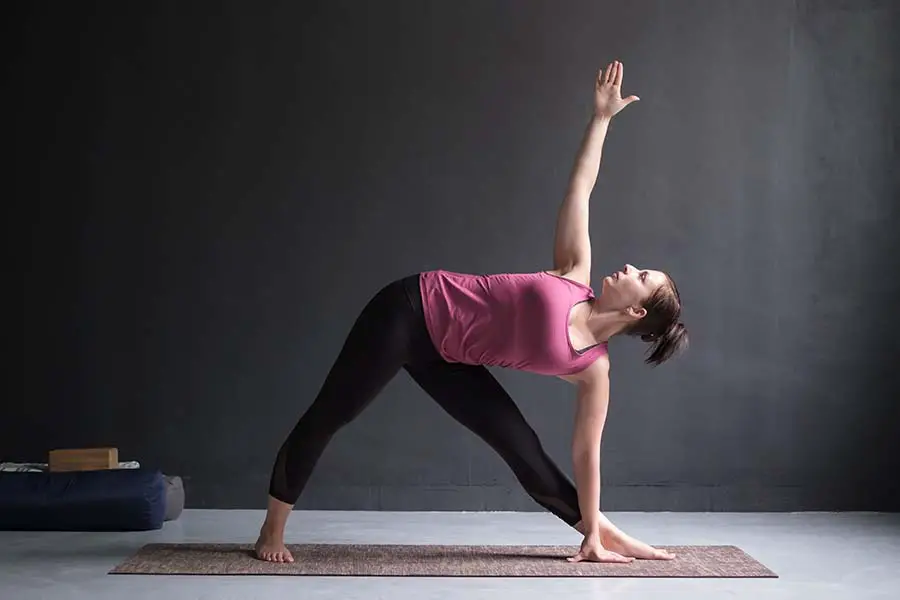
Reduce Stress In Muscle Areas
This stance can help you release tension in the lower back areas, ideal for people experiencing stress-related back problems.
Moreover, it also aids in reducing stress in muscle areas. As a result, your level of anxiety will go down, and your emotions will become more stable.
Increase Stability
The activation of your core muscles in the extended triangle pose will positively affect your balance and stability.
Stimulate Your Organs
The core muscles are also the place storing most of your vital organs. The stance simultaneously stimulates your core and the digestive system, enhancing your metabolism.
Conclusion
The triangle and extended triangle pose yoga are good exercises to enhance flexibility and reduce muscle pains, especially for officers sitting for a whole day.
Although these stances are pretty simple, remember to practice properly to avoid accidents and build a strong foundation for a sound body and mind.
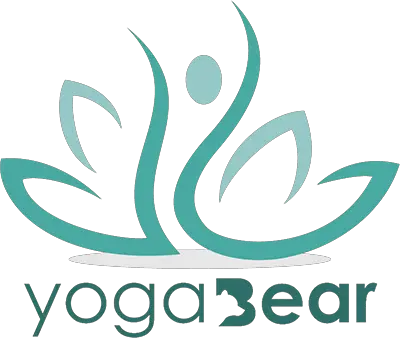
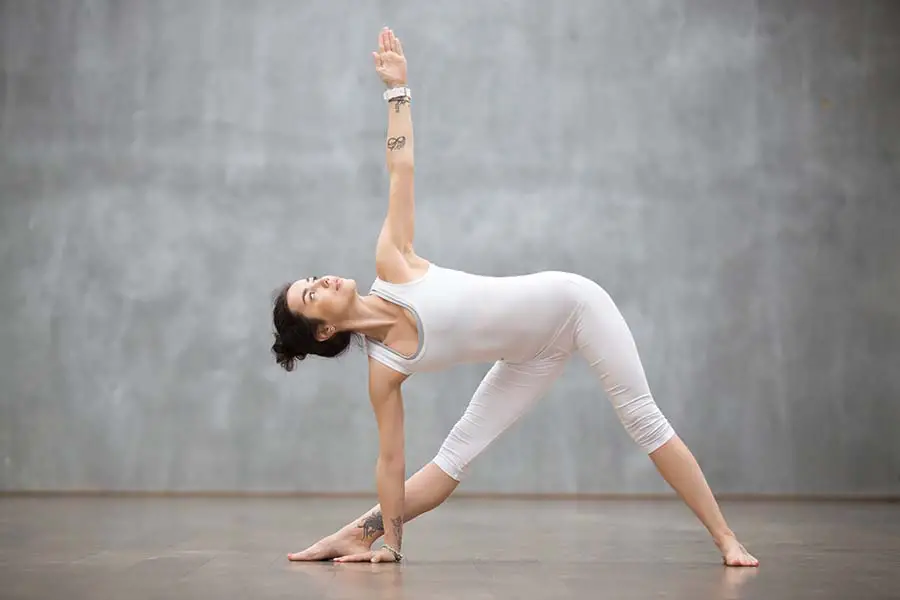
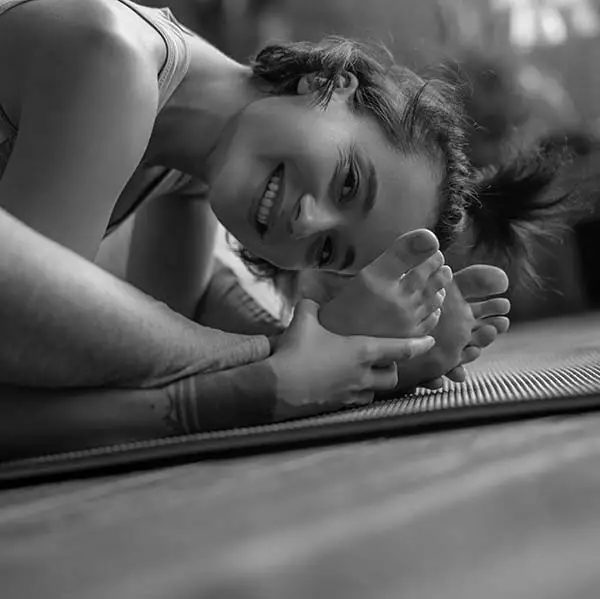
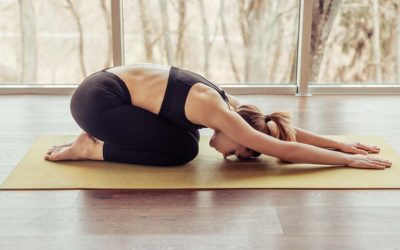
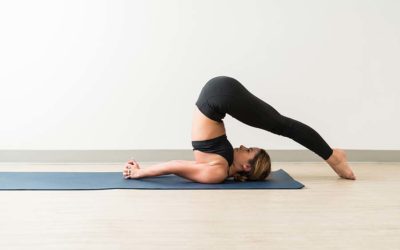
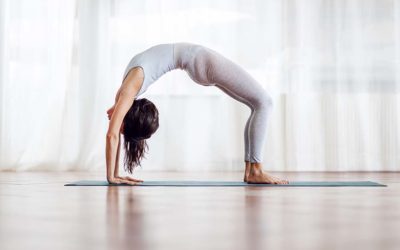
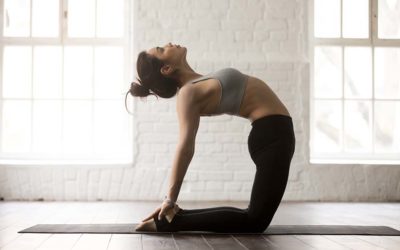
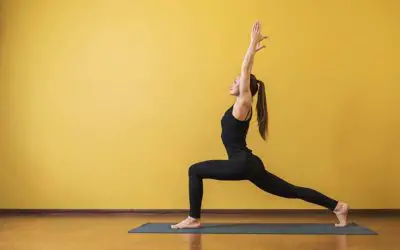
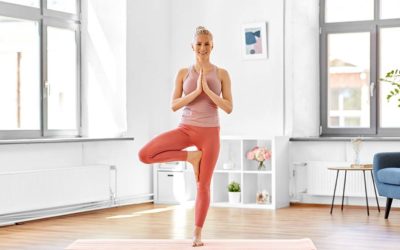
0 Comments